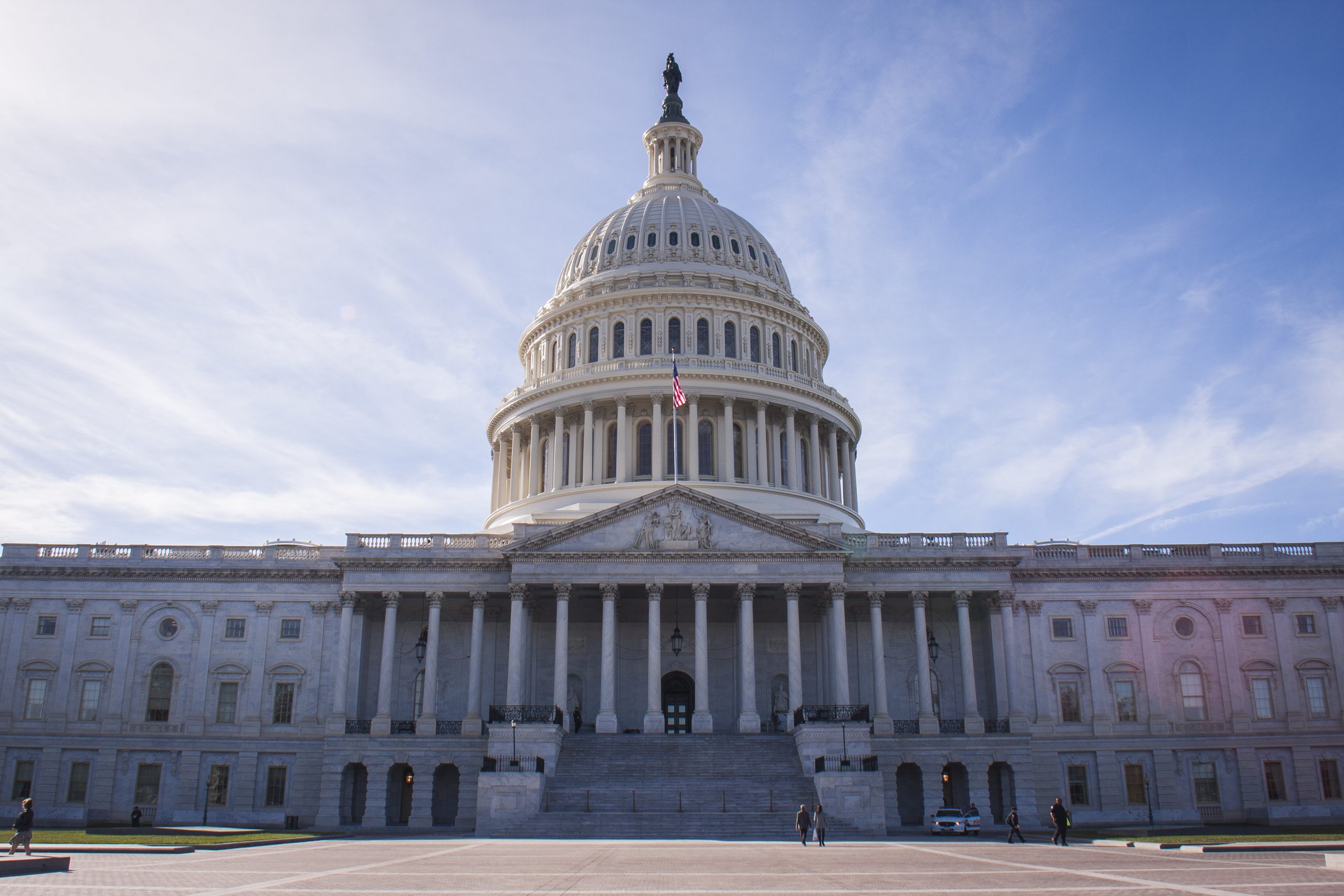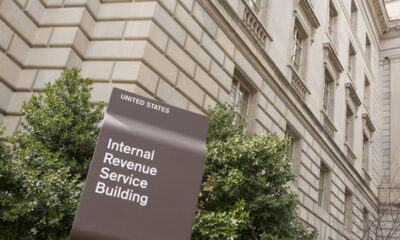House Proposal Aims To Track Foreign Funding Of Higher Education

A long overdue proposal seeks to put the brakes on foreign money influencing U.S. higher education, or at least expose it to daylight. The brainchild of Reps. Michelle Steel (R-CA) and VIrginia Foxx (R-NC) looks to expose the influence bad actors have on university campuses.
The DETERRENT Act, or “Defending Education Transparency and Ending Rogue Regimes Engaging in Nefarious Transactions Act,” was introduced by the pair in October.
It would amend the Higher Education Act of 1965, specifically Section 117, which mandates colleges and universities report foreign gifts valued at $250,000 or more.
The reasoning behind the proposal is clear. In 2020, former President Donald Trump’s Education Department made a startling revelation.
More than $6.5 billion was funneled into U.S. higher education from foreign sources. Why would powers such as Communist China pour such funding into institutions if there were not something received in return?
Examples of funding from American adversaries in Beijing are numerous and growing.
Of glaring note is the University of Pennsylvania, the proud home to the Biden Center for Diplomacy and Global Engagement. Founded in 2017, the group’s time on campus saw a tripling in funds flowing in from China, according to congressional records.
Consider Harvard’s previous Chemistry Department Chairman, Charles Lieber. He benefited to the tune of $50,000 per month from China for spearheading a program known as “Thousand Talents.”
It is noted for supporting persons who pilfer proprietary information.
China is far from the only culprit. Records show Texas A&M signed contracts worth millions with Russia and Qatar. Like the University of Pennsylvania and Harvard, there were no Section 117 disclosures or reporting requirements.
The DETERRENT Act looks to change this.
The bill from Reps. Steel and Foxx would lower the reporting threshold for universities and colleges from $250,000 to $50,000. From “countries of concern,” any gift must be revealed.
It would further mandate foreign gifts to individual faculty and staff be properly disclosed. This is to protect against adversarial countries, China for example, targeting researchers at U.S. institutions and compromising national security or proprietary information.
This is merely common sense, though it would not be surprising if there is Democratic backlash.






















